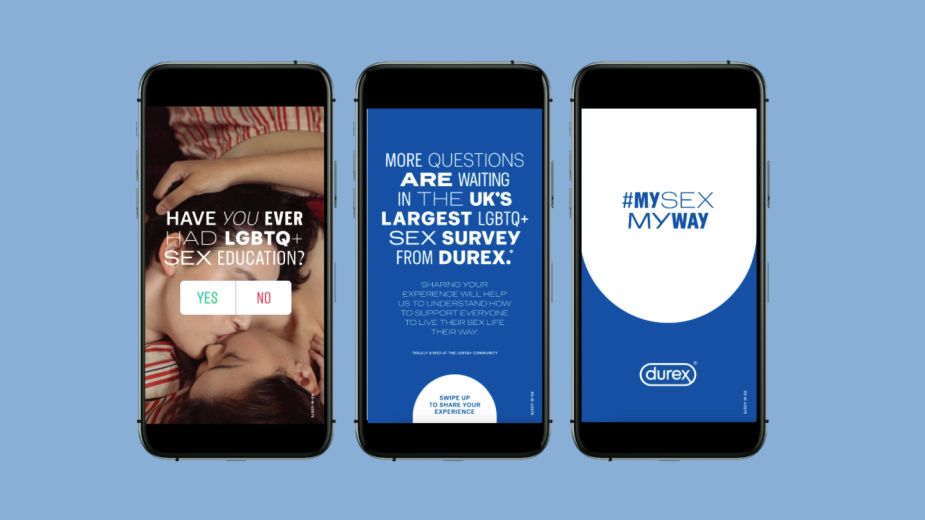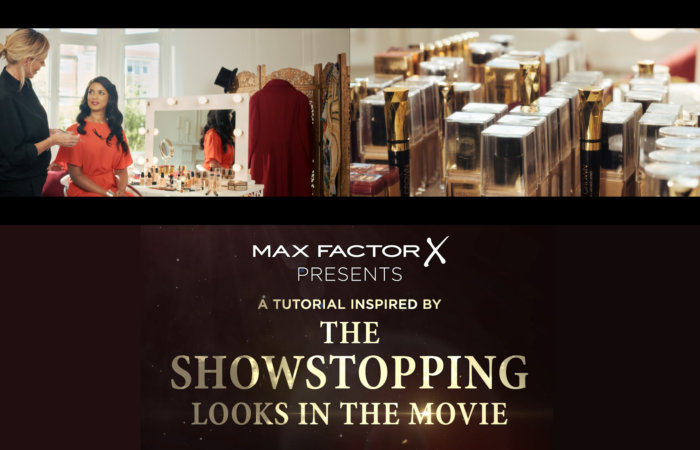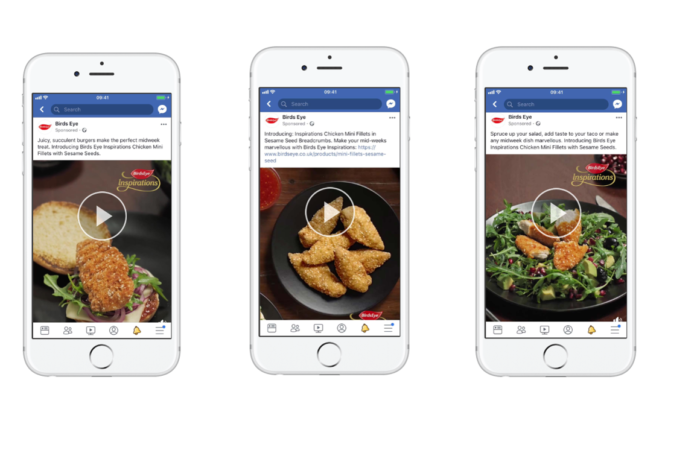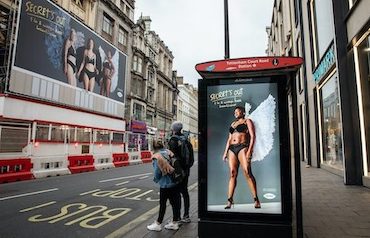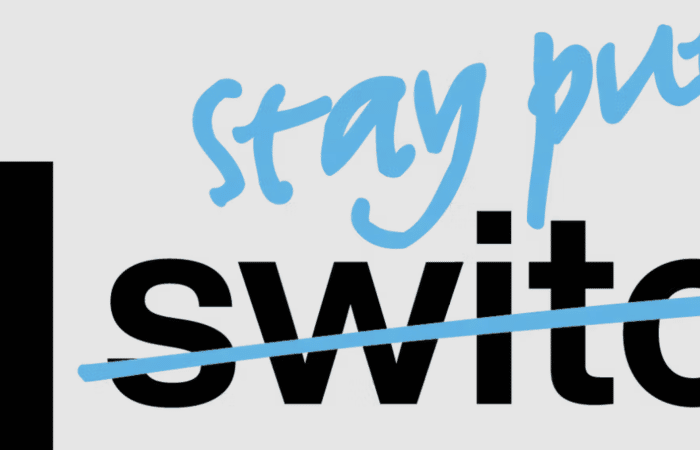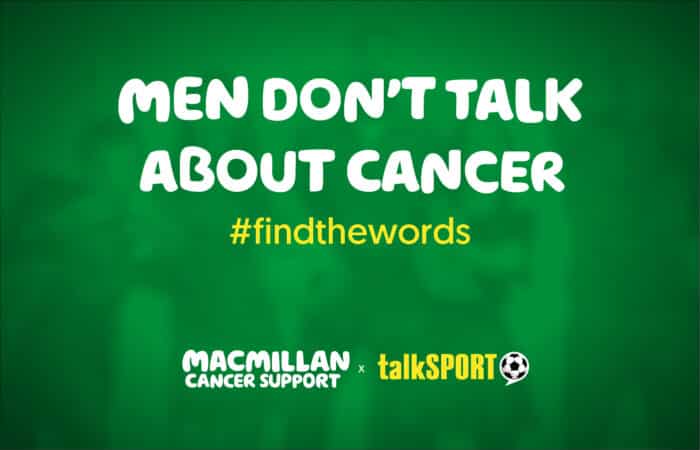Relentlessly Hetero
The sexual health category has always been aimed squarely at heterosexuals; from condoms for pregnancy prevention, to lubes for female dryness. Conversely, the huge and growing LBGTQ+ community has for years been largely ignored. We felt that the leading sexual health brand – Durex – needed to lead a change, and fast.
Our hard push to our client was clear: let’s invest in understanding LGBTQ+ sexual feelings and attitudes, so that we can show up differently, and take the rest of the category with us.
Shameful Marginalisation... and Fear
To do this, we needed to partner with the most authentic voices in the LBGTQ+ community. So we partnered with Grindr and HER to undertake the biggest ethnographic study ever into this community.
Using a mix of panels, surveys, influencer and social posts and a live Q&A, we created safe spaces for this audience to speak openly about their sexual experiences.
The results were amazing, and will change the way to we show up forever:
- Sex education has been useless to the LBGTQ+ community. They’ve had to make it up as they go along, with 76% saying they have learnt most about sex from their partners
- They feel utterly respected in their communities and by their sexual partners, with 81% proud of who they are.
- But they feel rejected by society and sometimes frightened for their safety, with 90% of LGBTQ+ people worried about discrimination
There is a sliding scale here: gay men feel the least rejected, the least concerned for their safety. Trans and non-binary people feel the most ostracised. It is almost like 1960s Britain again, but for the non-binary and trans community.
We knew we needed to completely change the conversation.
The Insight IS the Communication
Initially we thought we would use the results of the insight work to inform better advertising. But the findings were too power for that. And the LGBTQ+ guys we spoke to were keen to have their stories heard by other people in the community, who may be feeling too scared to speak out or be their true selves.
So, the insight became the communication. What began as an ethnographic study (albeit a huge one) became a longer-term collaboration that we believe will likely be permanent.
We committed to a long-term partnership with both Grindr and Her, and created content out of the ethnography, through #MySexMyWay, a series of stories based on the insight work that opened up how LGBTQ+ feel about sex.
Only One Metric That Mattered
In the past, we hadn’t even tracked sentiment among the LGBTQ+ audience. Before we begun this endeavour we asked the LGBTQ+ community for their attitude to Durex being a ‘brand for people like me.’
The numbers were low, initially, at around 10%. Halfway through the campaign, this number had increased rapidly to 23%.
Towards the end, it was topping out at 44%. This is a massive improvement, although given how closely targeted the activity was, through the two key LGBTQ+ dating sites, and how the communication WAS the insight, and vice versa, perhaps it shouldn’t be so surprising.
We are proud of this work and of the role we played in pushing for it to happen. Sexual health is important for ALL types of sexual orientation, and it is the duty of every brand who plays here to understand it every bit as well as they understand heterosexuality.

